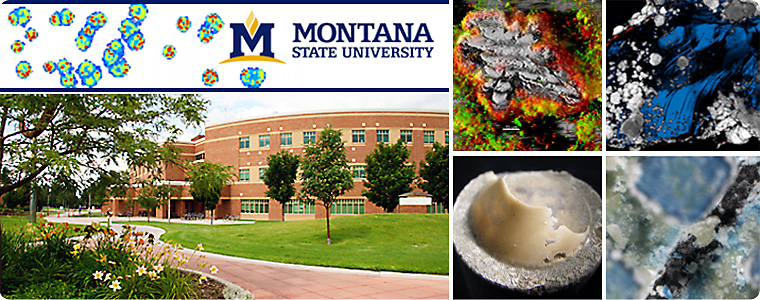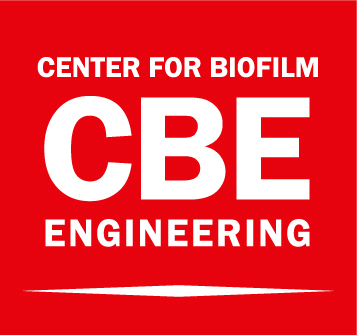Bioinformatics Workshop
Introduction to microbiome analysis using MEGAN and fast/sensitive protein alignment using DIAMOND
Montana State University, Bozeman, MT
August 15–17, 2017 (Tuesday–Thursday)
Instructor
Prof. Dr. Daniel Huson, University of Tuebingen
Dr. Huson is a professor of algorithms in bioinformatics at the University of Tuebingen in Tuebingen, Germany. He is the developer of DIAMOND and MEGAN. To read more about Dr. Huson and his research, visit his bio page at: http://ab.inf.uni-tuebingen.de/people/welcome.html/huson/welcome.html
Overview
There is currently much scientific interest in microbiome analysis—the study of microbes and their theatres of activity using DNA sequencing and other high-throughput techniques. Typical studies encompass hundreds of samples, each involving many millions of DNA reads and/or transcripts. Once sequencing has been completed, the main question is what tools should one use to analyze the data?
The answer depends on the specific question of interest, of course.
In this tutorial we give a hands on introduction to MEGAN, an interactive microbiome analysis tool. This program provides a wide range of analysis features and is explicitly designed to be easy-to-use. In particular, all features of this tool are implemented within the tool, thus avoiding the messy business of installing numerous tools based on different technologies and requiring advanced scripting skills. The tool has been under active development for more than 10 years (Huson et al, 2007, 2011 and 2016). MEGAN provides an easy entrance into the field of microbiome analysis and its aim is to allow detailed exploration of one’s data. It is usually used in conjugation with more specialized tools, which it supplements.
At the end of this workshop, participants should be able to do an initial analysis of both 16S or shotgun metagenome datasets using MEGAN and appropriate auxiliary tools (such as FastQC for quality control, the RDP classifier for 16S analysis and DIAMOND for protein alignment).
Wednesday, August 16 is designed for participants to gain experience on their own with MEGAN prior to the third day of the workshop.
USB drives will be provided that contain example data and installers for the program.
Prerequisites: None for using MEGAN, need to be familiar with Linux to run Diamond.
Schedule
Day 1 Tuesday, August 15: Introduction to Microbiome analysis and MEGAN
Part 1: In the first part, an introduction to the field of microbiome analysis and the use of MEGAN is presented. After a break, a hands-on tutorial commences. Participants install and run the software on their own laptops. This covers the following topics: getting started with MEGAN; taxonomic analysis of individual samples; functional analysis of individual samples; comparisons of samples; diversity measures and PCoA analysis; working with metadata; short read vs long read analysis.
Part 2: After a lunch break, the second part of the hands-on tutorial will begin, during which we will discuss the question of how to preprocess the sequencing data so that it can be input into MEGAN (at present, this has to be done on a server rather than on a laptop). The first part of the hands-on tutorial assumes that has already been done, so that we can get off to a flying start.
Day 2 Wednesday, August 16: Working independently, workshop participants explore
and use MEGAN using their own datasets or example datasets
Part 3: Participants will spend the day on their own exploring MEGAN using their own dataset or example datasets and generate questions for day 3 of the workshop.
Day 3, (1/2 day) Thursday, August 17: Overview over the use of DIAMOND and other data parsing tools, Q&A/Small Group or Individual interaction with Instructor.
Part 4: Overview over the use of DIAMOND and other data parsing tools,
Part 5: Workshop participants will be able to ask questions and solve problems developed
during their day 2 activities, and
Part 6: The instructor will assist individuals and IT personnel in installing software
on servers, etc.
Location
Jabs Hall Room 407
Montana State University
Registration
Registration is now closed. If you are interested in attending the workshop, please contact Dr. Robin Gerlach at robin_g@montana.edu
Host
Dr. Robin Gerlach, professor in MSU's Department of Chemical and Biological Engineering
Sponsors:
Montana State University
Center for Biofilm Engineering
MSU Department of Chemical and Biological Engineering
For more information please contact Dr. Robin Gerlach at robin_g@montana.edu


